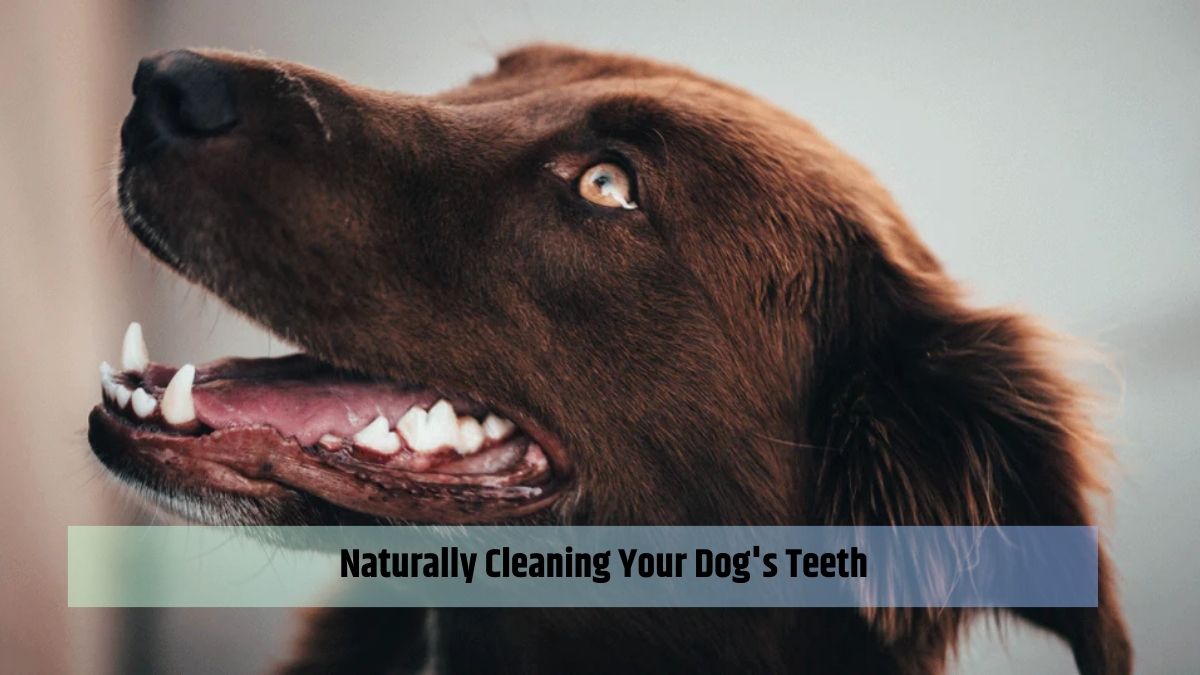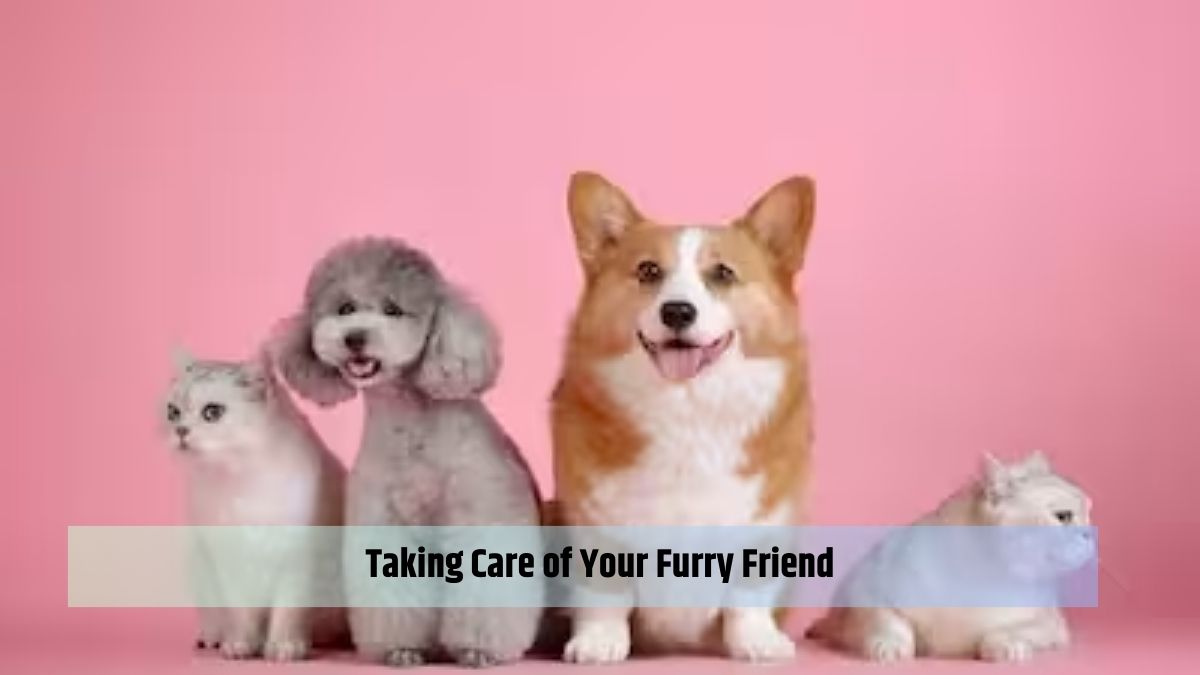Understanding French Bulldog Behavior
French Bulldogs, renowned for their charm and affectionate nature, can sometimes exhibit behavior problems that may leave owners puzzled. It’s crucial to delve into the intricacies of French Bulldog behavior to foster a harmonious relationship with these adorable companions.
Common French Bulldog Behavior Problems
1. Aggression and Dominance
French Bulldogs, despite their small stature, can display signs of aggression or dominance. This behavior may stem from various factors such as fear, territorial instincts, or inadequate socialization. Recognizing the early signs and addressing them promptly is key to managing aggression issues.
2. Separation Anxiety
These sociable canines form strong bonds with their owners, making them prone to separation anxiety. Destructive behavior, excessive barking, or house soiling may indicate stress when left alone. Implementing gradual desensitization techniques can alleviate separation anxiety over time.
3. Excessive Barking
French Bulldogs are communicative by nature, but excessive barking can be problematic. Identifying the triggers, whether it’s boredom, fear, or excitement, enables tailored training to curb incessant barking.
4. Chewing and Destructive Behavior
Teething or boredom can lead French Bulldogs to indulge in destructive chewing. Providing appropriate chew toys, along with positive reinforcement for good behavior, helps redirect their chewing tendencies.
How to Deal with French Bulldog Behavior Problems
1. Positive Reinforcement Training
Utilizing positive reinforcement is paramount in correcting undesirable behavior. Rewarding good behavior with treats, praise, or toys reinforces positive habits, creating a conducive learning environment for your French Bulldog.
2. Consistent Routine and Structure
French Bulldogs thrive on routine and structure. Establishing a consistent daily schedule for feeding, walks, and playtime helps instill a sense of security, minimizing stress-induced behavior problems.
3. Socialization from an Early Age
Early socialization is vital in shaping a French Bulldog’s behavior. Exposure to various people, environments, and other animals helps prevent fear-based aggression and ensures a well-adjusted and friendly companion.
4. Professional Training Assistance
In cases where behavior problems persist, seeking professional assistance from a certified dog trainer or behaviorist can provide tailored solutions. These experts can assess the specific issues and devise effective training plans.
Conclusion
Understanding and addressing French Bulldog behavior problems require patience, consistency, and a deep connection with your furry friend. By implementing positive reinforcement, maintaining a consistent routine, prioritizing socialization, and seeking professional guidance when needed, you can foster a loving and well-behaved French Bulldog.









